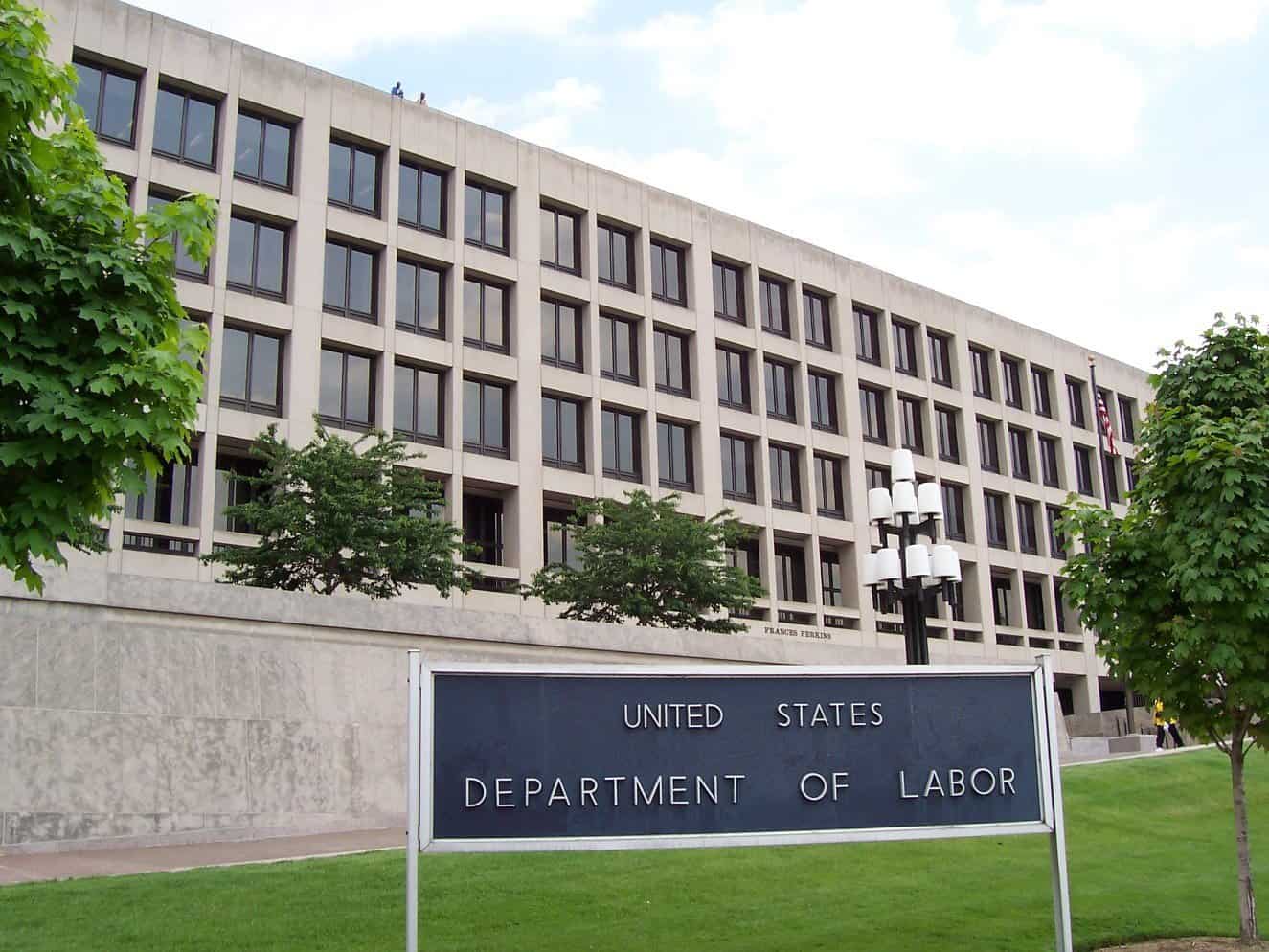Alisha Jarwala is a student at Harvard Law School and a member of the Labor and Employment Lab.
Attorneys for five news outlets have asked the Department of Labor to withdraw its plan to restrict journalists from accessing economic reports in advance of publication. In January, the DOL announced that it would ban computers from the secure room where journalists have traditionally been given early access to economic data, including nationwide employment figures. Bloomberg News, the Associated Press, Dow Jones & Co., Market News, and Reuters argue that this ban will delay news organizations from filing news stories in a timely way and prevent them from being able to seek clarification from government officials before stories are published. The news outlets also said in their letter that the DOL failed to give public notice and get comments on the plan, which would “result in an unconstitutional limitation on the media’s First Amendment protected right to newsgathering and dissemination.”
In other DOL news, Bloomberg reports that the Department’s union watchdog office has “added a pair of aides who have a history of advocating against organized labor.” Rusty Brown, who was hired as a policy adviser, was involved in a campaign to decertify a union representing 27,000 home care workers in Minnesota. Trey Kovacs, hired as a special assistant, has long urged the DOL to treat worker centers as labor unions by increasing oversight and requiring more detailed financial reports.
The Electronic Privacy Information Center (EPIC) filed a petition on Monday asking the Federal Trade Commission (FTC) to regulate the use of artificial intelligence in pre-employment screenings. Forbes reports that EPIC is alleging that HireVue, a provider of artificial intelligence screenings, is “flouting national and international standards of transparency, fairness and accountability.” EPIC argues that HireVue’s use of facial recognition technology and secret algorithms are unfair and deceptive trade practices—the standards are opaque and cannot be challenged by job applicants.
Finally, in a piece for The Atlantic, Yale Law School professor Daniel Markovits discusses the consequences of the rise of management consulting on American businesses and American workers. He notes: “Technocratic management, no matter how brilliant, cannot unwind the structural inequalities that are dismantling the American middle class.”






Daily News & Commentary
Start your day with our roundup of the latest labor developments. See all
January 25
Uber and Lyft face class actions against “women preference” matching, Virginia home healthcare workers push for a collective bargaining bill, and the NLRB launches a new intake protocol.
January 22
Hyundai’s labor union warns against the introduction of humanoid robots; Oregon and California trades unions take different paths to advocate for union jobs.
January 20
In today’s news and commentary, SEIU advocates for a wealth tax, the DOL gets a budget increase, and the NLRB struggles with its workforce. The SEIU United Healthcare Workers West is advancing a California ballot initiative to impose a one-time 5% tax on personal wealth above $1 billion, aiming to raise funds for the state’s […]
January 19
Department of Education pauses wage garnishment; Valero Energy announces layoffs; Labor Department wins back wages for healthcare workers.
January 18
Met Museum workers unionize; a new report reveals a $0.76 average tip for gig workers in NYC; and U.S. workers receive the smallest share of capital since 1947.
January 16
The NLRB publishes its first decision since regaining a quorum; Minneapolis labor unions call for a general strike in response to the ICE killing of Renee Good; federal workers rally in DC to show support for the Protecting America’s Workforce Act.